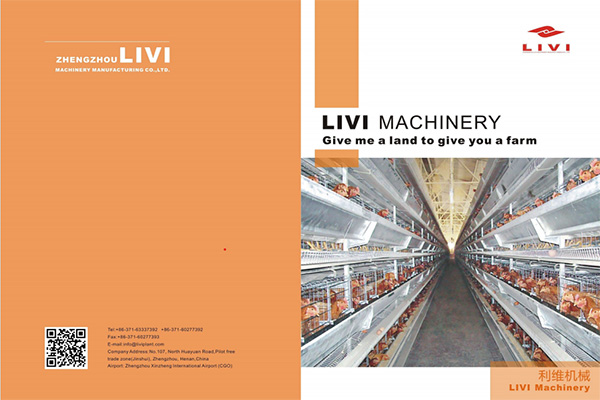How Much Does It Cost to Start a Chicken Farm?
Time : 2025-06-25
Starting a chicken farm can be an exciting venture into the world of agriculture. However, it’s crucial to understand the costs involved to ensure a successful and profitable operation. In this article, we will delve into the various factors that contribute to the startup costs of a chicken farm, providing you with a comprehensive breakdown of the expenses you can expect.
1. Land and Location
The first and most significant cost is acquiring the land for your chicken farm. The cost of land varies greatly depending on location, size, and quality. Here are some factors to consider:
– Location: Proximity to markets, transportation routes, and climate can significantly impact the cost.
– Size: The size of the land will depend on the number of chickens you plan to raise. Generally, you’ll need at least 2-3 square feet per chicken.
– Quality: Prime agricultural land can be more expensive but may offer better yields.
Average Cost: $10,000 – $100,000 or more.
2. Chicken Coops and Housing
The next major expense is constructing or purchasing chicken coops and housing. This includes:
– Building Materials: Wood, metal, and insulation are common materials used.
– Design: The design should accommodate the number of chickens, provide adequate ventilation, and protect against predators.
– Utilities: Electricity for lighting and heating/cooling systems.
Average Cost: $5,000 – $20,000.
3. Chickens and Breeding Stock
The cost of chickens and breeding stock is another significant expense. This includes:
– Purchase Price: The price per chick can vary widely, from $1 to $5 or more, depending on the breed and age.
– Breeding Stock: If you’re planning to breed your chickens, you’ll need to invest in high-quality breeding stock.
– Health and Vaccinations: Ensuring your chickens are healthy is crucial for a successful farm.
Average Cost: $1,000 – $10,000.
4. Feed and Nutrition
Feeding your chickens is a continuous expense. Consider:
– Type of Feed: Chickens require a balanced diet, which can include grains, soybean meal, vitamins, and minerals.
– Quantity: The amount of feed needed will depend on the number of chickens and their stage of growth.
– Storage: Proper storage is essential to prevent spoilage and waste.
Average Cost: $2,000 – $5,000 per year.
5. Equipment and Tools
You’ll need various equipment and tools for your chicken farm:
– Feeding Systems: Automatic feeders can save time and reduce waste.
– Watering Systems: Automatic waterers ensure chickens have access to clean water at all times.
– Handling Equipment: Equipment for catching, moving, and processing chickens.
– Sanitation Equipment: Cleaning tools and disinfectants for maintaining a clean environment.
Average Cost: $1,000 – $5,000.
6. Labor and Management
Managing a chicken farm requires labor, whether it’s full-time or part-time. Consider:
– Wages: Salaries for farm workers, depending on the size of your operation.
– Training: Training for farm workers on proper chicken care and handling.
– Overhead: Office supplies, phone bills, and other administrative expenses.
Average Cost: $5,000 – $20,000 per year.
7. Permits and Regulations
Before starting your chicken farm, you’ll need to obtain the necessary permits and comply with local regulations:
– Permits: Zoning permits, health permits, and other local requirements.
– Regulations: Compliance with biosecurity protocols and animal welfare standards.
Average Cost: $500 – $5,000.
8. Marketing and Sales
Marketing your chicken products is essential for sales:
– Packaging: Proper packaging for your eggs and meat.
– Distribution: Establishing channels for selling your products, whether it’s direct to consumers, through wholesalers, or at farmers’ markets.
– Advertising: Costs for advertising your products to reach your target market.
Average Cost: $1,000 – $5,000 per year.
Conclusion
Starting a chicken farm involves a variety of costs, from land and housing to feed and marketing. By understanding these expenses, you can better plan your budget and ensure a successful startup. Remember, the costs can vary widely based on your specific needs and location, so it’s important to research and plan accordingly.












